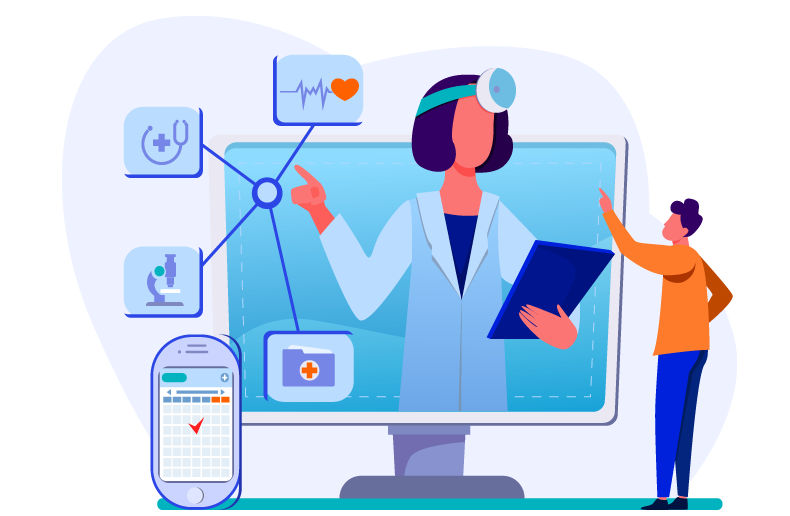Canada’s minister of innovation, science and industry, François-Philippe Champagne announced September 27 that Canada has a new voluntary code of conduct for firms developing and managing generative artificial intelligence (AI) systems.
Effective immediately, the minister in a statement from Innovation, Science and Economic Development Canada said the code identifies measures that organizations are encouraged to apply to their operations.
“The Government of Canada has already taken significant steps toward ensuring that AI technology evolves responsibly and safely through the proposed Artificial Intelligence and Data Act (AIDA), which was introduced as part of Bill C-27 in June 2022. This code is a critical bridge between now and when that legislation would be coming into force,” they state.
Bill C-27 was adopted at second reading in the House of Commons in April 2023 and referred to the standing committee on industry and technology for study.
Signatories to the code of conduct agree they will implement a clear risk management framework proportionate to the scale and impact of their activities. Organizations will perform impact assessments and take steps to mitigate risks to safety, “including addressing malicious or inappropriate uses,” they write.
Organizations are also expected to test systems for biases, operational concerns and security against attack. Notably, they say organizations must also publish information on systems and ensure that AI-systems and AI-generated content can be identified.
“Signatories also commit to support the ongoing development of a robust, responsible AI ecosystem in Canada. This includes contributing to the development and application of standards, sharing information and best practices with other members of the AI ecosystem,” they state. “Signatories also commit to develop and deploy AI systems in a manner that will drive inclusive and sustainable growth in Canada, including by prioritizing human rights, accessibility and environmental sustainability, and to harness the potential of AI to address the most pressing global challenges of our time.”











